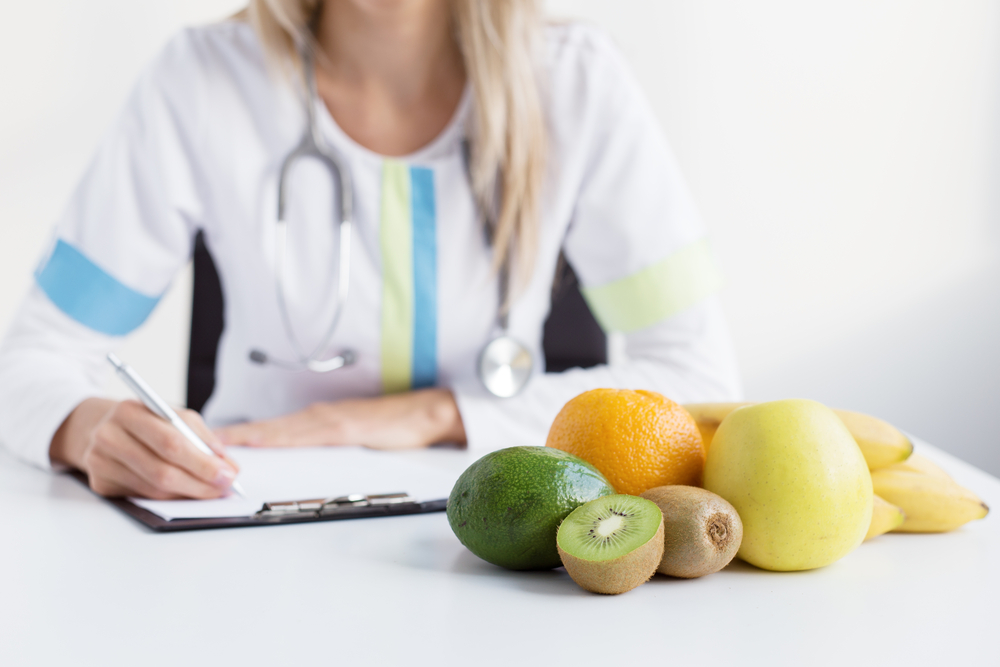Nurses are hard-working professionals. As a nurse, you’ll be required to spend long hours on your feet, running from one task to another. Shifts tend to be long these days, too. Many institutions have switched from 8-hour to 12-hour shifts, meaning you’ll be spending plenty of time in the workplace during a given shift.
Which brings us to the issue of nutrition. If you’ll be attending nursing school, or enrolling in an online nursing program, or pursuing your RN to BSN, you’ll soon discover that your body is an instrument that can work with you, or against you. That is, in terms of the endurance you’ll need to get through your rigorous studies, graduate, and pass your NCLEX exam. Then it’s on to the workplace, where things really take off.
It’s About More than Just “Fuel”
The energy required becoming—and to work as—a nurse takes fuel. More importantly, it takes proper nutrition. It’s one of the great ironies of Western medicine that we focus so little on the intricacies of, and importance of, optimal nutrition. As the father of medicine, Hippocrates, famously said: “Let food be thy medicine. Let medicine be thy food.”
He wasn’t joking. Hippocrates recognized, as many modern physicians seem to have forgotten, that nutrition really is one of the foundations of excellent health. It’s not all about calories. Yes, of course, you need “fuel” to power your cells and your body. The brain alone is a huge glucose hog. Yours will undoubtedly expend massive amounts of energy before all is said and done, but the human body is not a gasoline-powered engine, and keeping a body running at its peak requires considerably more than mere calories.
Steady Going
Rather, it’s important to eat foods that help keep your blood sugar levels—and insulin levels—as steady as possible. Micronutrients are important, too. Vitamins, minerals should not be discounted. Fresh fruits and vegetables will supply vitamin C, for example. And fiber is not to be overlooked. Plant foods are your best source.
We’re still learning more, every day, about the previously unsuspected importance of certain nutrients. Take vitamin D, for example. Until recently, we thought this pro-hormone was necessary in certain minimal amounts to preserve bone health, and nothing more, but it’s now clear that vitamin D repletion is also crucial for everything from immune system function to the proper regulation of mood.
And some of what we thought we knew has now been reevaluated, and in some cases, drastically revised. Take full-fat dairy. We used to think skim milk was the only good choice when it comes to dairy, but recent and emerging evidence shows that consuming the natural lipids in full-fat dairy may actually be linked to less body weight gain, not more. Full-fat dairy consumption has also recently been linked to a lower risk of developing diabetes, not a greater one.
The point is that good nutrition is important for your overall health. A good diet affects everything from your gut microbiome (the collection of beneficial microorganisms living in the digestive tract), to mood, endurance, and even susceptibility to illnesses.
You’ll be re-fueling at work out of necessity, so here are some healthful suggestions for snacks to keep your energy levels up, without creating wild oscillations in blood sugar levels, which could leave you feeling tired and sluggish:
Nuts
Although high in fat, nuts are invariably good for the cardiovascular system. Snacking on nuts has also been shown to help control blood sugar levels, and even to assist in weight loss efforts by suppressing appetite somewhat.
Yogurt
Forget the kind laced with enough sugar to float Captain Crunch’s boat. Choose natural Greek yogurt with no added sugars or drinkable kefir. Full-fat is okay, by the way. In fact, it’s probably preferable, because full-fat dairy is also linked to reduced appetite and a decreased risk of overeating later.
Hard-boiled Eggs
Handy, self-contained, portable, and packed with complete protein (meaning you get all the essential amino acids at once): What’s not to love? Grab one and go. Oh, and by the way, any concerns about cholesterol are also holdovers from a bygone era of faulty science and misguided science reporting. Eggs can be eaten nearly once daily with no risk of spikes in blood cholesterol levels. So enjoy. Eggs are among nature’s handiest snacks.
Apples, Grapes, Celery, Carrots
These foods are portable, handy, and contain at least some dietary fiber to help keep blood sugar levels steady.


